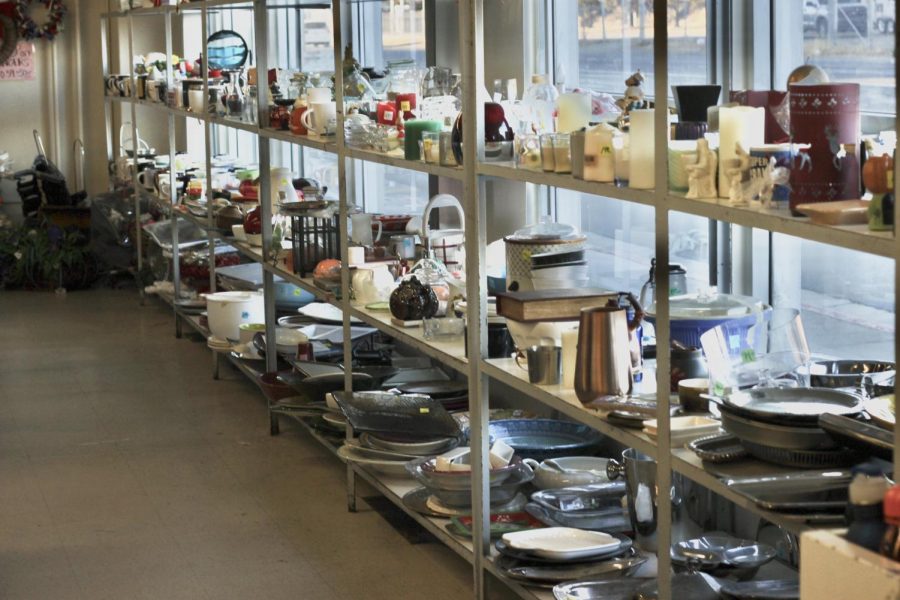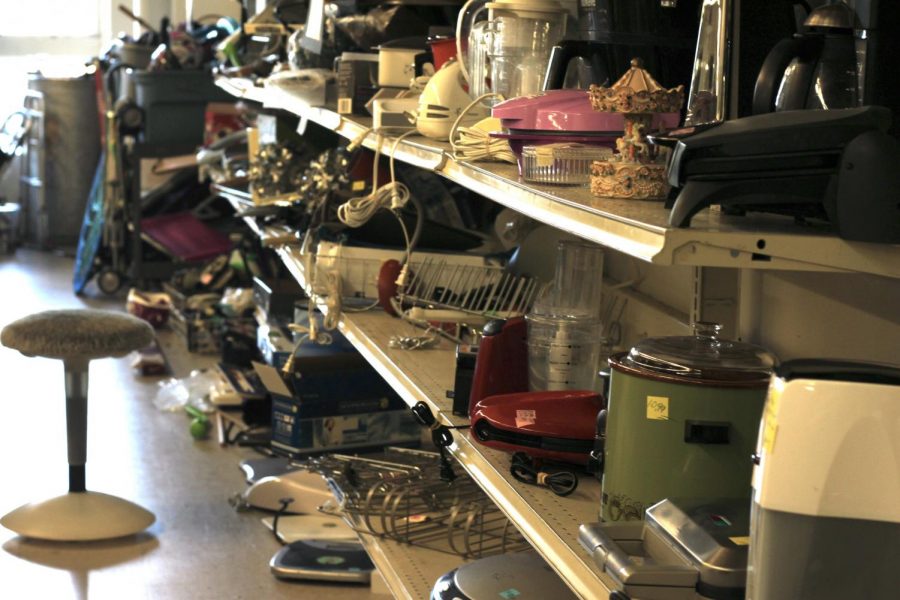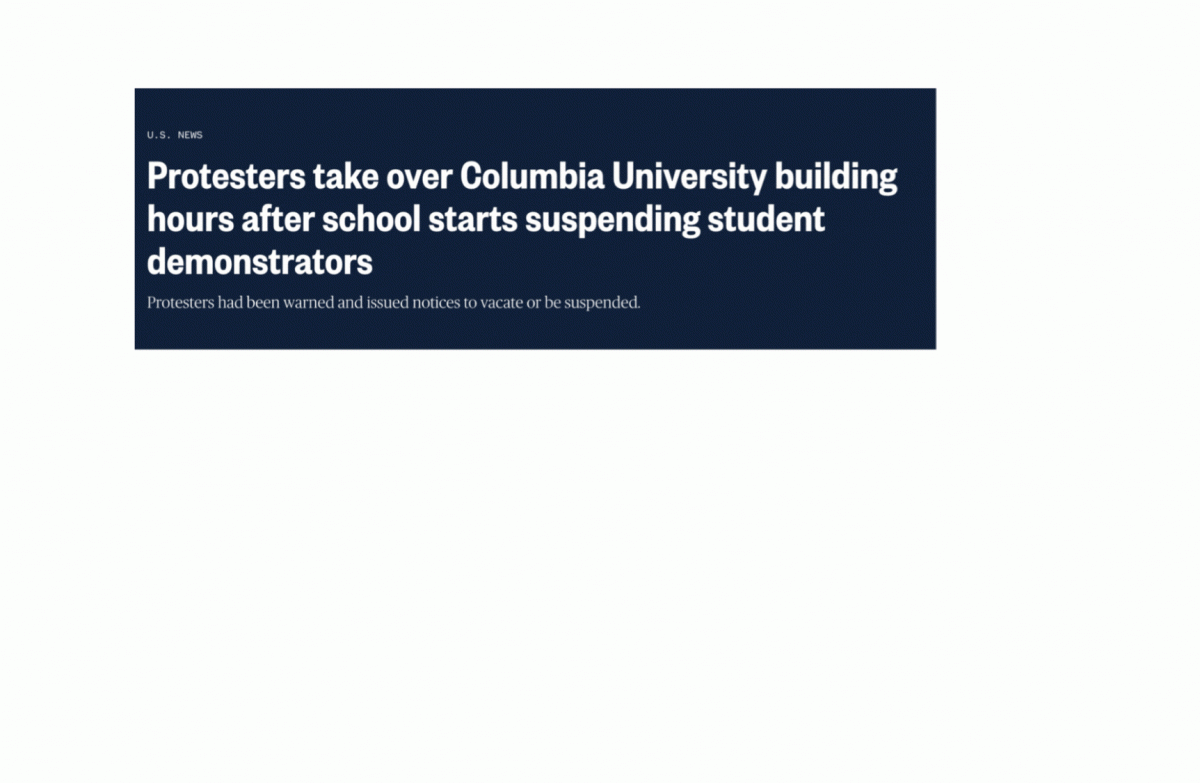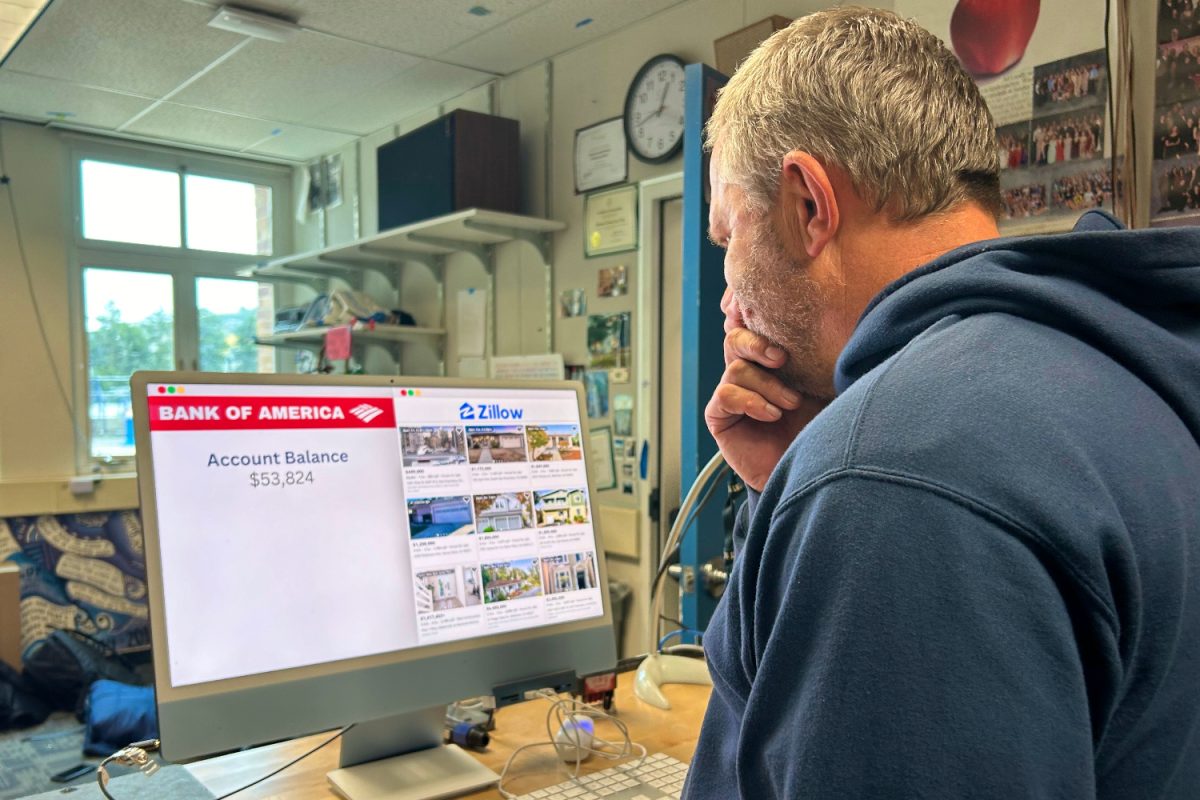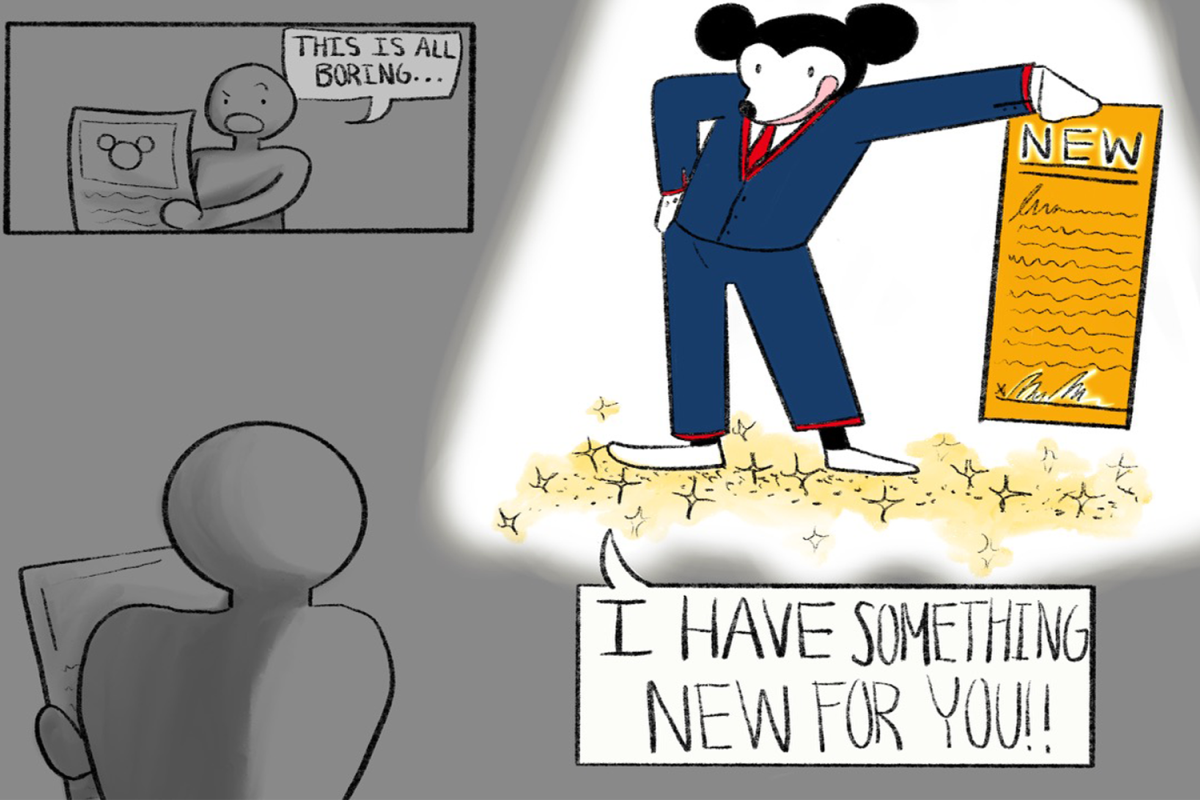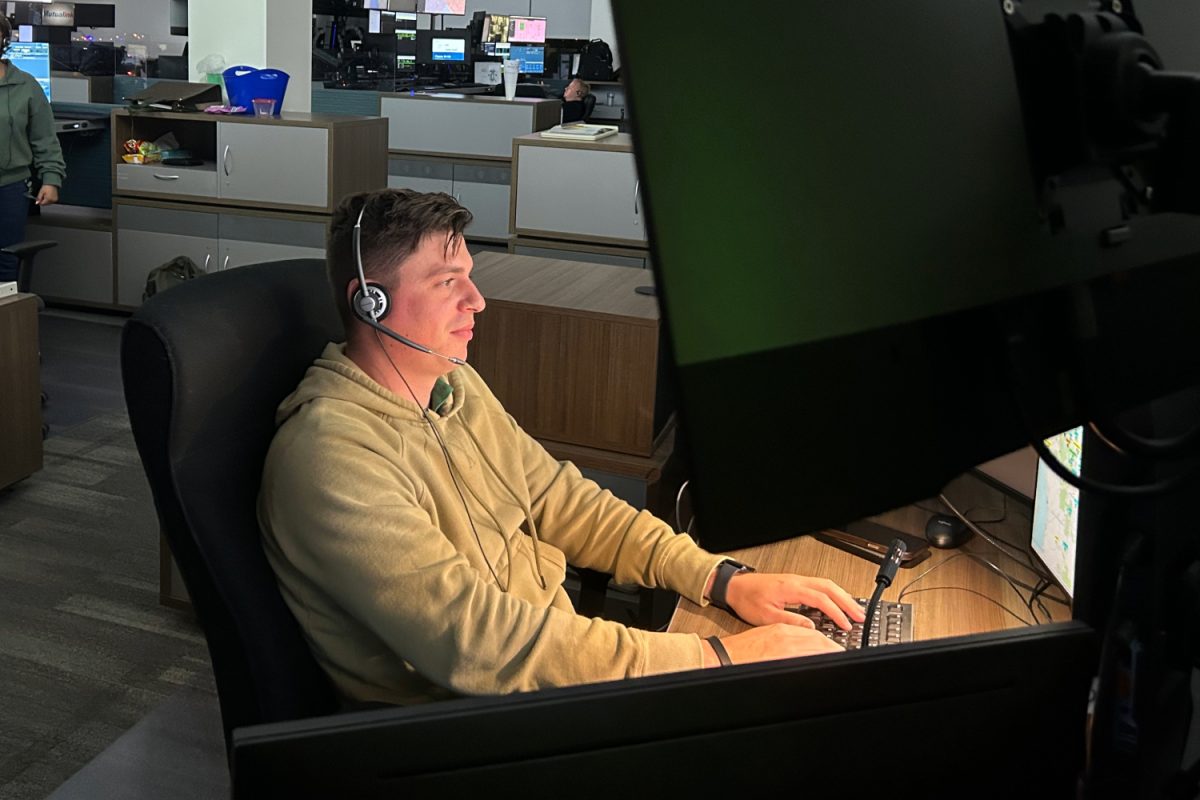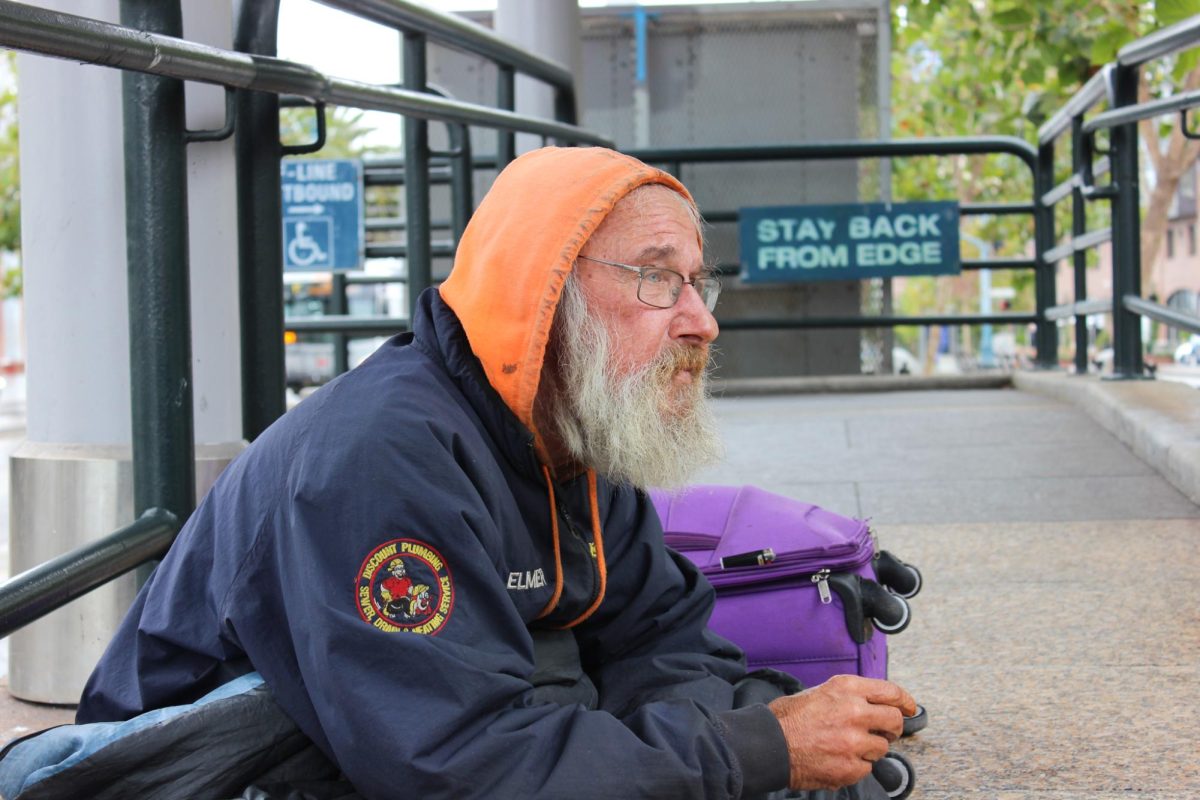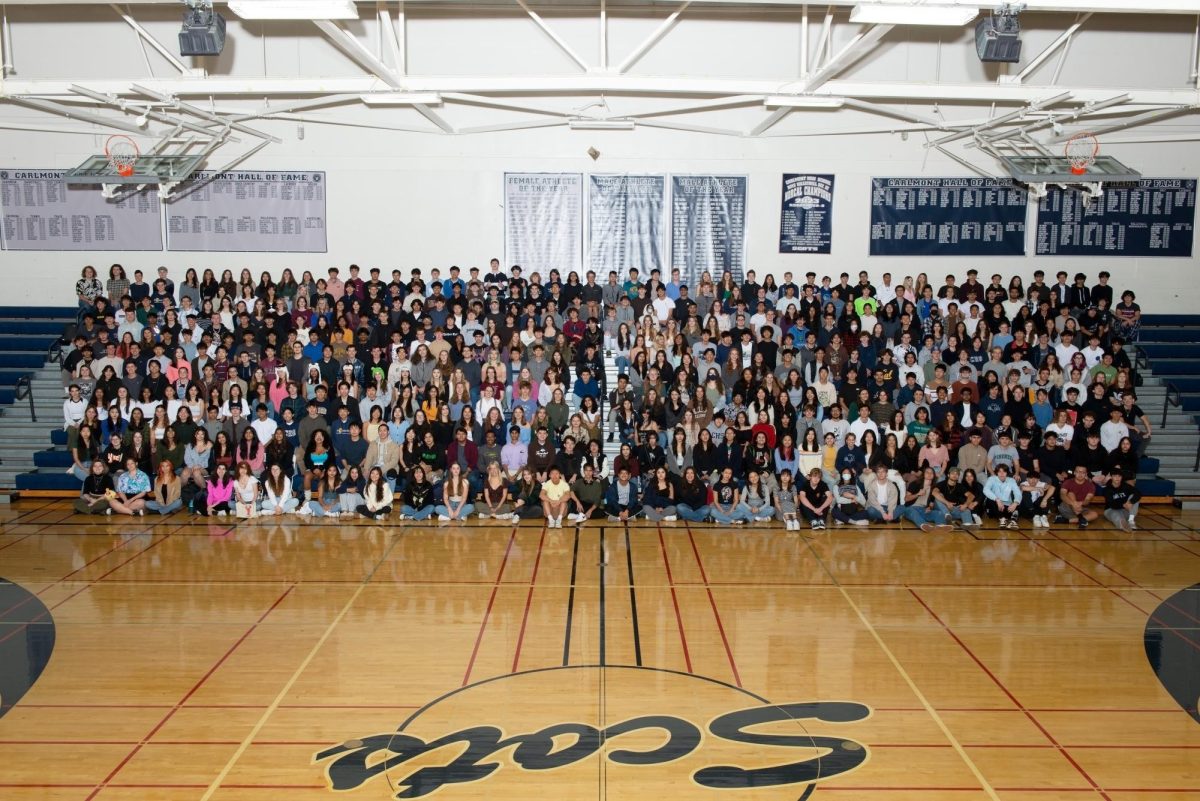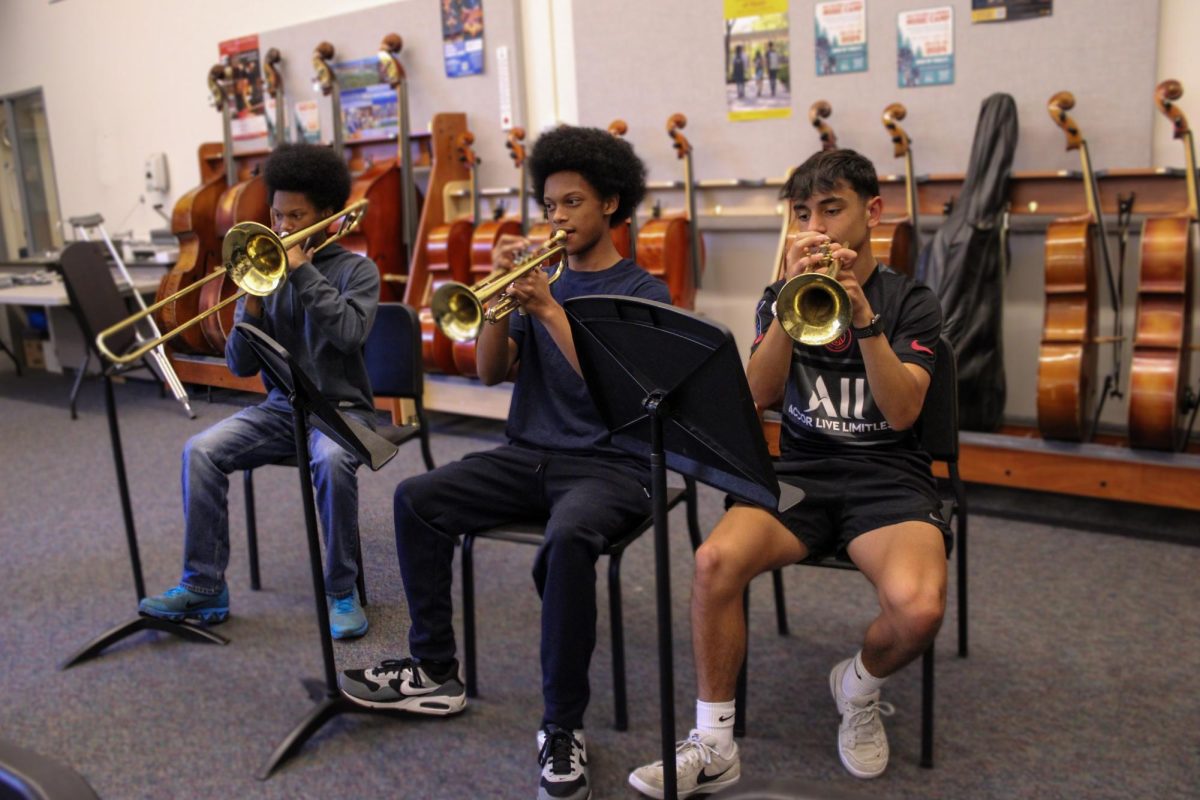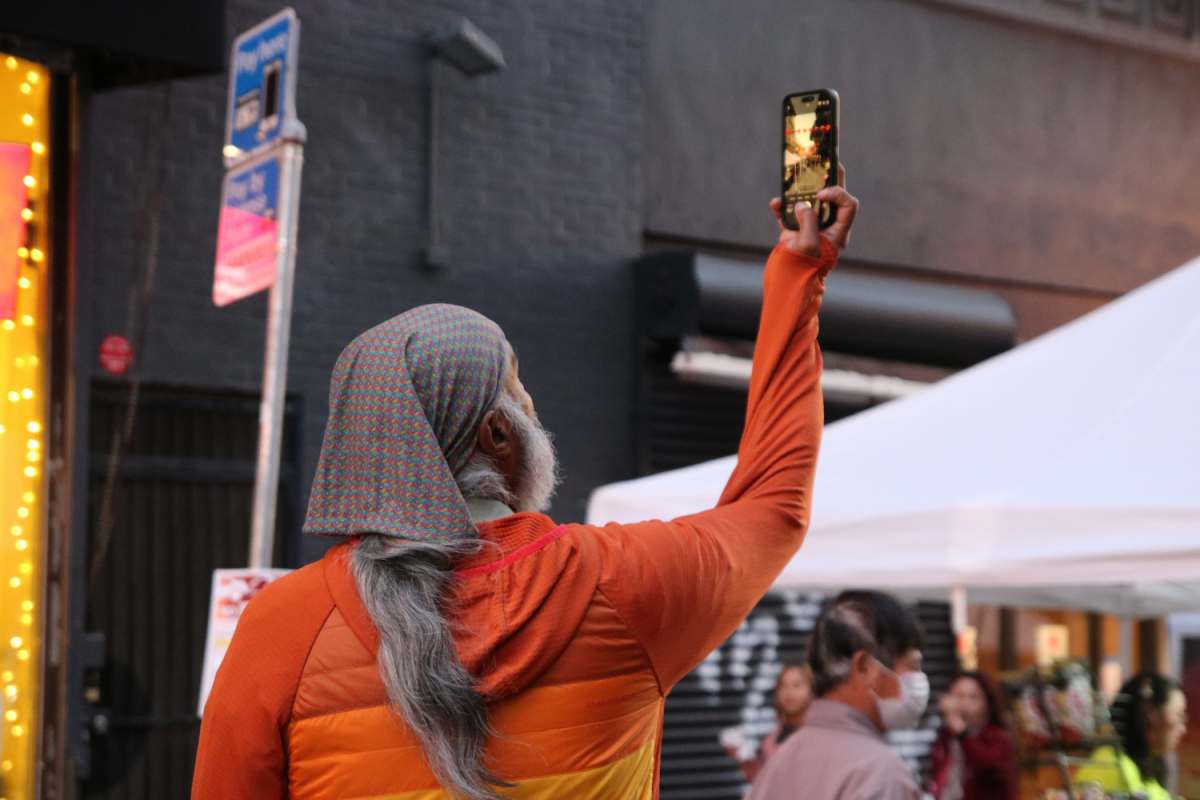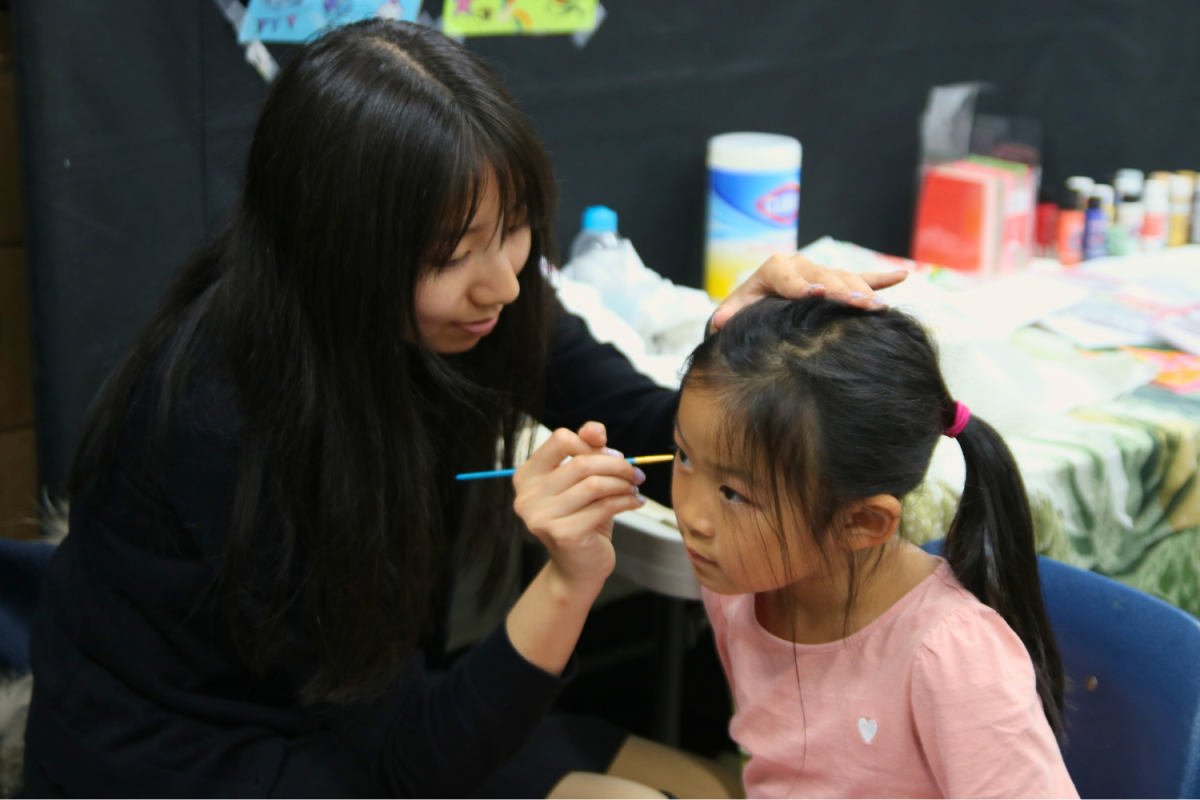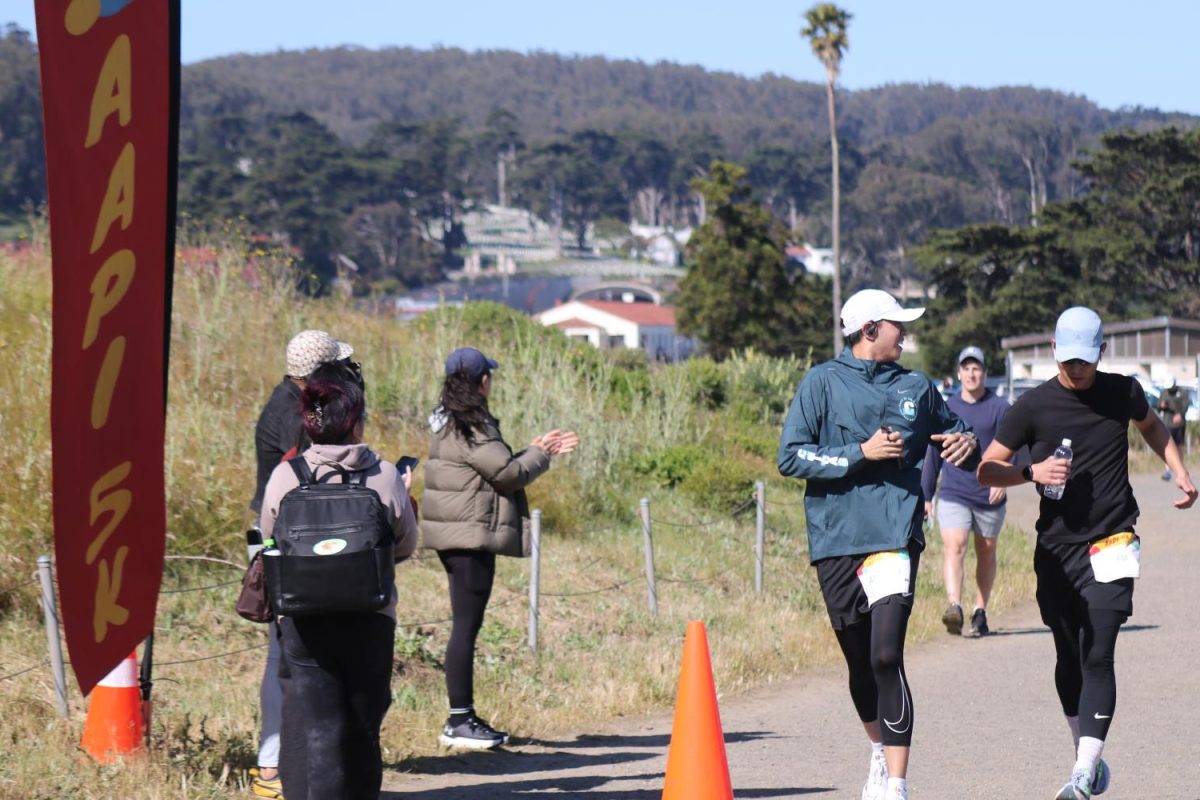The simple thought of, “Will I use this in a year?” makes an evolutionary difference.
Whether it be a new shirt or keychain, many thoughtlessly hand their money to the cashier at the mall. With widespread access to goods, many take the act of consuming lightly.
“I went clothes shopping and thought I should buy a shirt. I just picked the first shirt I saw,” said Natalie Tobias, a junior at Carlmont. “But I have two other shirts that look exactly like this, so why do I need it?”
According to the National Association of Sales Professionals, consumers buy products or services for two reasons: to gain pleasure or avoid pain. Such expenditure began when the small general stores transformed into dozens of chain stores and department stores, which eventually became accessible to the lower class. Emerging inventions resulted in mass consumption and accessibility, which was thought to help denote class differences and promote the economy. Essentially, this became the new American way of life.
Consumer culture became the foundation for a new understanding of freedom, as access to the cornucopia of goods made available by modern capitalism.
— Eric Foner
“Consumer culture became the foundation for a new understanding of freedom, as access to the cornucopia of goods made available by modern capitalism,” said Eric Foner, an American historian.
According to Sage Journals, mindful consumption is the “application of mindfulness to inform the choices consumers make in the world” and requires consumers to pay attention to their thoughts and emotions with acceptance of ideas such as sustainability. Many participate in being mindful by asking themselves questions.
“When purchasing items, we recommend asking yourself the following questions: will I still want or need this in a month? In a year? In five years?” said Emi Hashizume, the Environmental Education Manager at Shoreway Environmental Center facility.
There are countless other questions.
“Can I buy a repaired, refurbished, or pre-owned version of this, or borrow this from someone instead? How durable is this, and will it last me multiple uses? When I am done with this, can it be reused, donated, or recycled instead of thrown away? Who am I buying from, and who am I supporting by making this purchase? Was this made and/or produced locally?” said Julia Au, the Senior Outreach and Education and Compliance Manager at RethinkWaste.
While mindful consumption involves the practice of buying what is essential and considerate of the earth, there are ways to purchase items for joyful purposes without harm to the environment.
“I am focusing on avoiding food items that come with excessive packaging, trying to eat all the food I buy —no food waste— and purchasing second-hand if I feel like adding something to my wardrobe,” Hashizume said.
Katie Barton, a junior at Carlmont, agrees with mindfully purchasing things that bring her joy.
“I think it’s important to buy things that you want because you work for your money, so you should spend it on things that make you happy. But you should also be spending it on things that are sustainable in the long run, instead of little thrills,” Barton said.
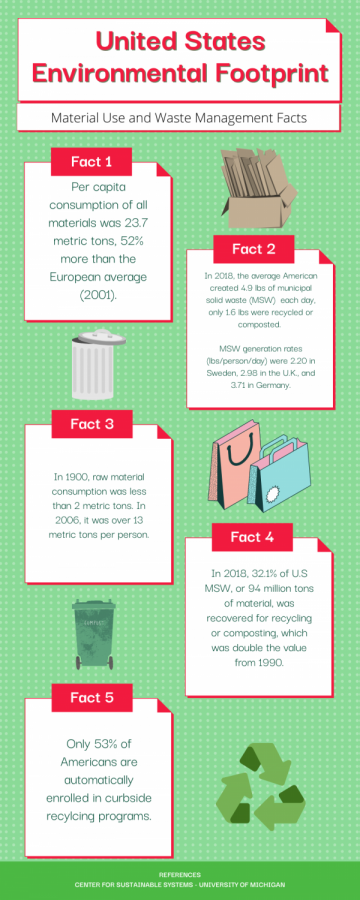 A conscious goal for mindful consumption is to divert waste from landfills. Hashizume’s steps in lowering rates of waste are through purchasing materials that are made of or packaged in recyclable or compostable materials, purchasing items with minimal packaging, and reusing, repurposing, and repairing what is already owned instead of using single-use items.
A conscious goal for mindful consumption is to divert waste from landfills. Hashizume’s steps in lowering rates of waste are through purchasing materials that are made of or packaged in recyclable or compostable materials, purchasing items with minimal packaging, and reusing, repurposing, and repairing what is already owned instead of using single-use items.
With the liberty to consume comes availability to online shopping. During the pandemic, an excess of time indoors and often feeling boredom drove extensive online purchases.
“Although the COVID pandemic kept many people indoors, online sales increased dramatically in multi-family dwellings, and consequently packaging increased,” said Heather Rockwood, a Waste Zero Specialist at Recology. “Here’s a great reminder to hold the companies you consume from accountable and ask for truly recyclable packaging and less of it. Also, a good reminder to break down boxes.”
While we spend money, the earth pays the price. Many hold the view that consumerism is the hardest to change because it is the American culture, and it affects the economy and employment. Without more thought into our purchases, the waste and plastic from consumption will continue to create damaging effects.
“Plastic has really reshaped our current environment and is in almost everything we use,” said Rockwood. “The full effects are still unfolding, but I’d put the question back to you. How have you seen the effects of consumer culture on your environment?”

